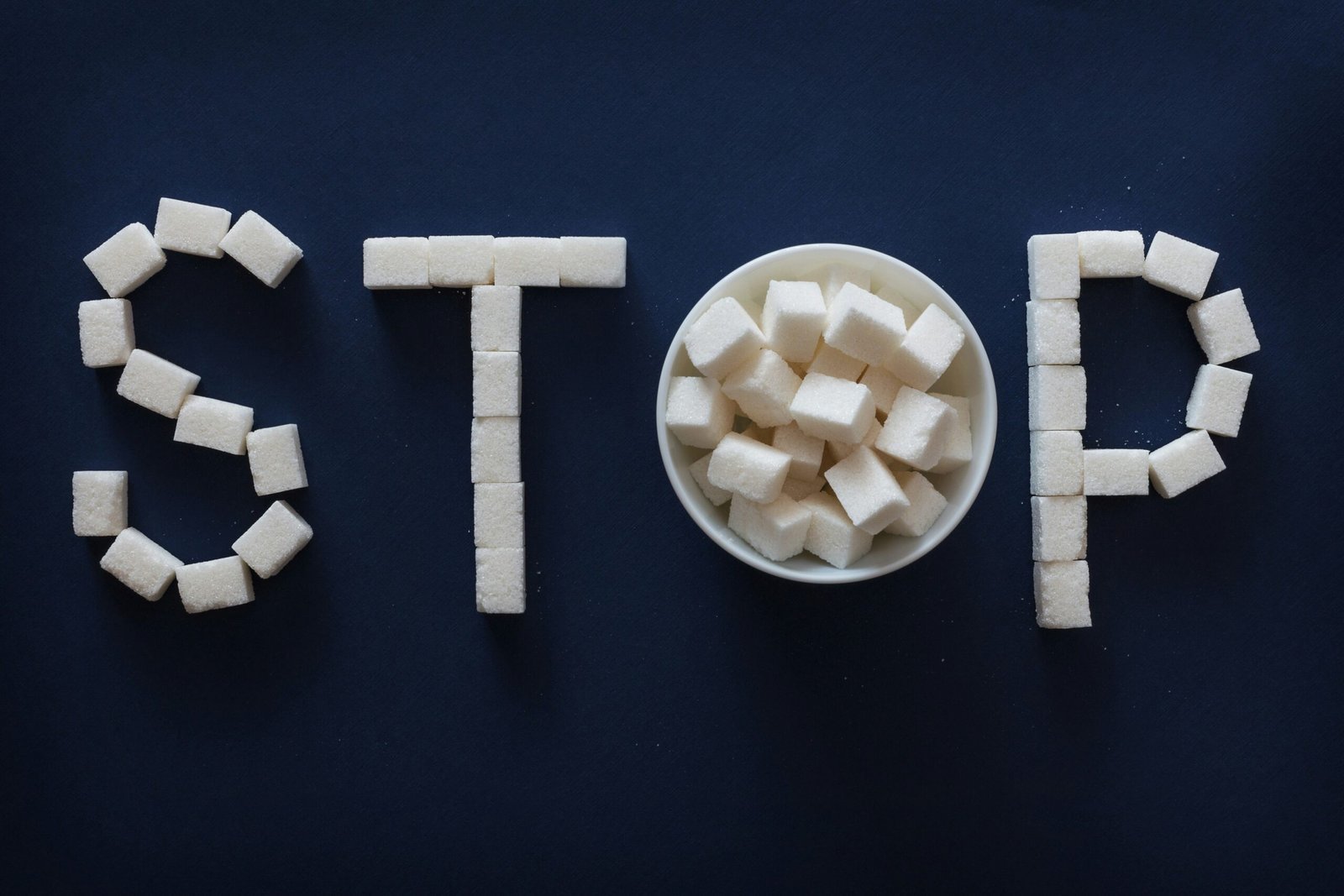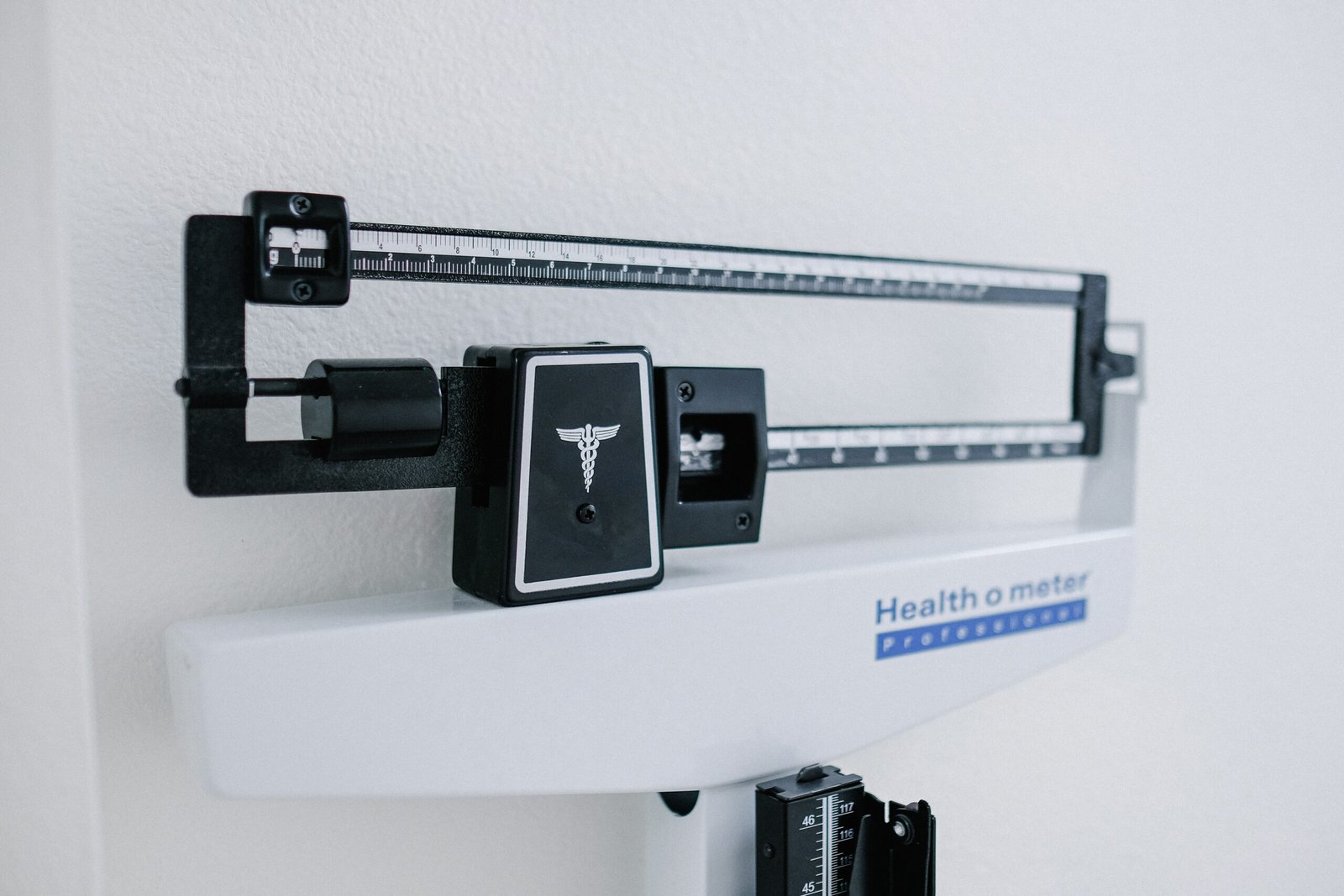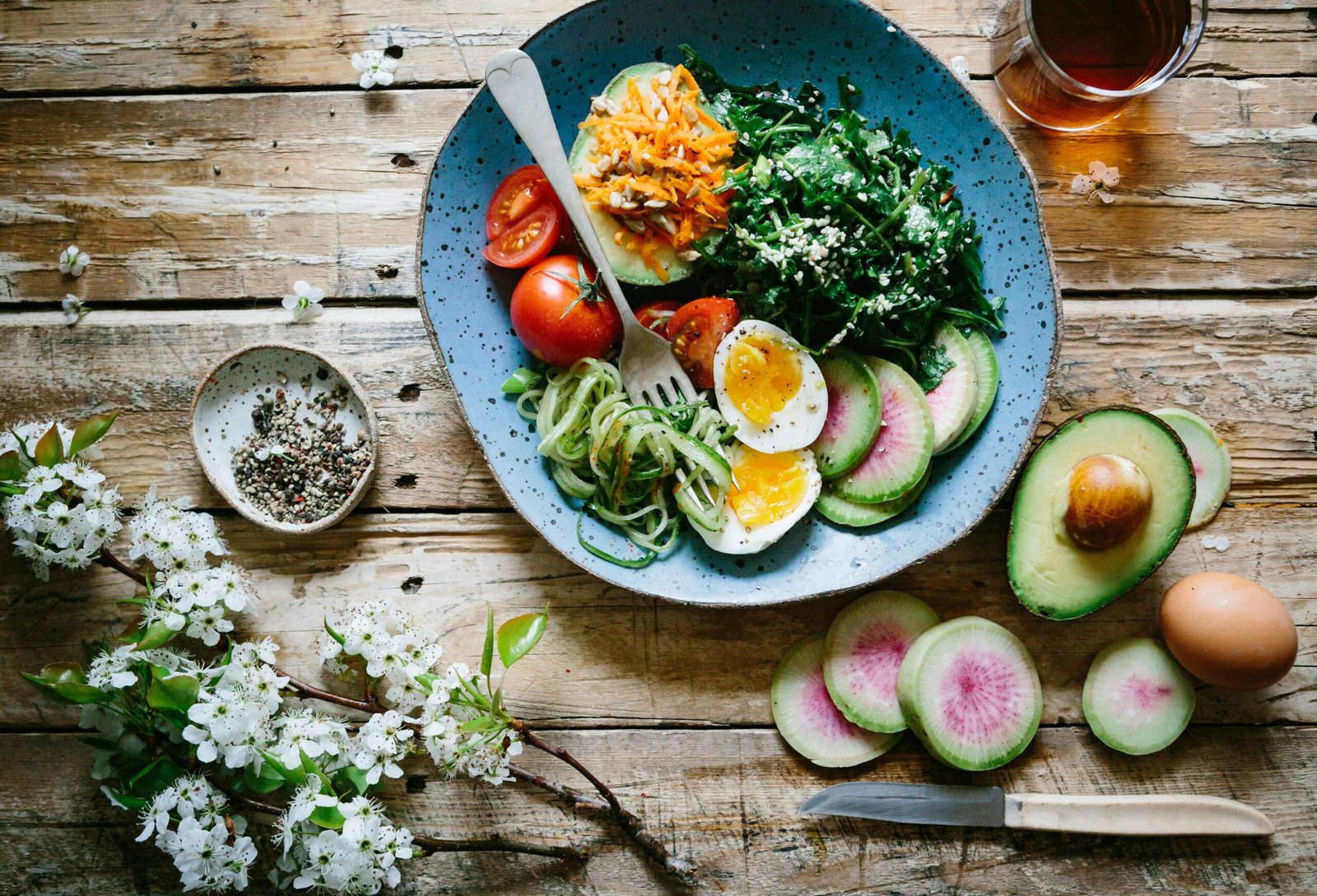During a gout attack, it can be a challenge to know what foods are safe to eat and which ones might trigger painful flare-ups. In this article, we will explore some dietary recommendations that can help alleviate symptoms and promote healing during a gout attack. By making smart choices and being mindful of your diet, you can support your body's recovery and find relief from the discomfort of gout.
Understanding Gout
What is gout?
Gout is a type of arthritis that is characterized by sudden and severe pain, tenderness, redness, and swelling in the joints. It usually affects the big toe, but can also occur in other joints such as the ankles, knees, wrists, and elbows. Gout occurs when there is a buildup of uric acid in the bloodstream, which leads to the formation of urate crystals in the joints.
Why does gout occur?
Gout occurs when there is an overproduction or underelimination of uric acid in the body. Uric acid is a waste product that is produced when the body breaks down purines, which are found in certain foods and also occur naturally in the body. Normally, uric acid is dissolved in the blood and excreted through the kidneys. However, if there is an imbalance in the production and elimination of uric acid, it can lead to the formation of urate crystals in the joints, triggering gout attacks.
Symptoms of a gout attack
During a gout attack, you may experience intense pain, redness, swelling, and warmth in the affected joint. The pain is often described as a throbbing or excruciating sensation that can make it difficult to walk or even rest comfortably. Gout attacks usually occur suddenly, often during the night or early morning, and can last for several days to a week. After the attack subsides, the joint may feel tender and sore for some time.
The Connection between Diet and Gout
Role of uric acid in gout
Uric acid is a byproduct of the breakdown of purines, which are found in certain foods. In individuals with gout, their bodies either produce too much uric acid or have difficulty eliminating it. When uric acid levels in the blood become too high, it can lead to the formation of urate crystals in the joints, causing gout. Therefore, managing uric acid levels through diet is an essential aspect of gout management.
Foods which increase uric acid levels
Some foods are known to be high in purines, and consuming them can increase uric acid levels in the body. Foods that are particularly high in purines include organ meats such as liver and kidneys, certain seafood like anchovies and sardines, as well as red meat and game meats. Additionally, high-fructose corn syrup found in many processed foods and sugary beverages can also contribute to increased uric acid levels.
Foods that can help lower uric acid levels
While there are foods that can increase uric acid levels, there are also those that can help lower them. Cherries and berries, for example, have been found to be beneficial in reducing uric acid levels and decreasing the risk of gout attacks. Citrus fruits like oranges and lemons can help neutralize uric acid and promote its excretion. Including low-fat dairy products in your diet can help lower uric acid levels due to their high content of lactic acid, which aids in the elimination of uric acid. Complex carbohydrates such as whole grains, legumes, and vegetables not only provide essential nutrients but also assist in lowering uric acid levels. Lastly, lean proteins such as skinless poultry and tofu are generally considered better options for individuals with gout compared to high-purine meats.

Foods to Avoid During a Gout Attack
High-purine foods
During a gout attack, it is crucial to avoid foods that are high in purines as they can further increase uric acid levels and worsen symptoms. High-purine foods include organ meats like liver and kidneys, certain seafood such as anchovies, sardines, and shellfish, as well as red meat and game meats. It is best to temporarily eliminate these foods from your diet until the gout attack subsides.
Sugar-sweetened beverages
Sugar-sweetened beverages, especially those containing high-fructose corn syrup, should be avoided during a gout attack. High fructose intake has been associated with an increased risk of gout and can disrupt uric acid metabolism, leading to higher levels of uric acid in the blood. Opt for water or unsweetened herbal tea instead.
Alcohol
Alcohol, particularly beer, is known to be a significant trigger for gout attacks. Not only does alcohol increase uric acid production, but it also impairs the kidneys' ability to excrete uric acid. During a gout attack, it is important to avoid all types of alcohol to prevent exacerbating symptoms and prolonging the duration of the attack.
Red meats
Red meats such as beef, lamb, and pork are high in purines and should be avoided during a gout attack. These meats can contribute to increased uric acid levels and inflammation in the body. Opt for lean sources of protein like poultry or plant-based alternatives.
Seafood high in purines
Certain types of seafood, including anchovies, sardines, mussels, and scallops, are high in purines and should be avoided during a gout attack. These seafood options can raise uric acid levels and trigger or worsen gout symptoms. Opt for low-purine alternatives like salmon or shrimp in moderation.
Foods to Eat During a Gout Attack
Cherries and berries
Cherries and berries, particularly tart cherries, have been shown to have anti-inflammatory properties and may help reduce the frequency of gout attacks. These fruits contain compounds that help lower uric acid levels and inhibit inflammation. Include fresh or frozen cherries and berries in your diet during a gout attack to potentially alleviate symptoms.
Citrus fruits
Citrus fruits like oranges, lemons, and grapefruits are rich in vitamin C, which has been associated with lower uric acid levels. Vitamin C helps dissolve urate crystals and facilitates their elimination from the body. Including citrus fruits in your diet during a gout attack can be beneficial for managing symptoms.
Low-fat dairy products
Low-fat dairy products, such as milk, yogurt, and cheese, contain lactic acid, which promotes the excretion of uric acid and can help lower uric acid levels in the body. Opt for low-fat or fat-free options to minimize saturated fat intake.
Complex carbohydrates
Complex carbohydrates like whole grains, legumes, and vegetables are excellent choices during a gout attack. These foods are high in fiber, vitamins, and minerals, and can also help lower uric acid levels. Incorporate foods like brown rice, quinoa, lentils, and leafy greens into your meals to support overall health and manage gout symptoms.
Lean proteins
When consuming protein during a gout attack, opt for lean sources such as skinless poultry, tofu, and low-mercury fish like salmon and trout. These protein sources offer essential nutrients without significantly contributing to uric acid production. Be mindful of portion sizes and cooking methods to minimize the intake of saturated fats and cholesterol.

The Importance of Hydration
Why water is necessary during a gout attack
Staying hydrated is crucial during a gout attack as it helps dilute uric acid in the blood and promotes its excretion through the kidneys. Drinking an adequate amount of water can help prevent uric acid buildup and potentially alleviate gout symptoms. Additionally, proper hydration supports overall joint health and can contribute to reducing the risk of future gout attacks.
How much water to drink
The amount of water you should drink during a gout attack may vary depending on several factors, including your body weight, activity level, and climate. As a general guideline, aim to drink at least 8 cups (64 ounces) of water per day. However, you may need to increase this amount if you are in a hot environment, engaging in physical activity, or if your doctor advises otherwise.
Alternatives to plain water
If drinking plain water becomes monotonous, there are alternatives that can help you stay hydrated. Herbal teas, especially those with anti-inflammatory properties like chamomile or ginger tea, can be soothing and provide hydration. Infusing water with slices of citrus fruits, cucumber, or mint leaves can also add flavor without compromising hydration.
Role of Supplements During a Gout Attack
Benefits of vitamins C and E
Vitamin C is known for its antioxidant properties and its potential to lower uric acid levels in the body. It can help reduce inflammation and support overall joint health. Vitamin E, another antioxidant, may also have anti-inflammatory effects and contribute to managing gout symptoms. However, it is important to consult with a healthcare professional before starting any supplements to ensure they are appropriate for you.
Omega-3 fatty acids
Omega-3 fatty acids found in fish oil or flaxseed oil may have anti-inflammatory properties that can help reduce gout symptoms. These supplements have been shown to support joint health and reduce inflammation in various conditions, including gout. As with any supplement, it is important to discuss with your healthcare provider before incorporating them into your routine.
Potential risks of supplements
While supplements can offer potential benefits, it is essential to approach them with caution. Some supplements may interact with medications or have side effects, especially if taken in high doses. It is always recommended to consult with a healthcare professional before starting any supplements to ensure their safety and effectiveness for your specific situation.

Understanding Flare-Ups: Minimizing and Managing
Triggers for gout flare-ups
Gout flare-ups can be triggered by various factors, including certain foods, alcohol, dehydration, obesity, stress, and certain medications. Identifying your personal triggers can help you minimize the frequency and intensity of flare-ups. Keeping a food and symptom diary can be useful in pinpointing any patterns or triggers that may be exacerbating your symptoms.
Strategies to minimize flare-ups
To minimize gout flare-ups, it is important to adopt a comprehensive approach that includes both dietary and lifestyle modifications. Apart from following a gout-friendly diet, maintaining a healthy weight, staying active, managing stress, avoiding alcohol and sugary beverages, and staying well-hydrated are all essential strategies to minimize the recurrence of gout attacks.
Managing a gout flare-up
If you experience a gout flare-up, there are steps you can take to manage the symptoms. Resting the affected joint, applying ice packs, and taking over-the-counter pain relievers (under the guidance of a healthcare professional) can help alleviate pain and inflammation. Drinking plenty of fluids and following a gout-friendly diet can also aid in managing the flare-up. If the pain persists or worsens, it is important to seek medical advice.
Putting Together a Gout-Friendly Diet Plan
Incorporating necessary nutrients
A gout-friendly diet should focus on incorporating nutrient-dense foods while avoiding those that can trigger gout attacks. Aim to include a variety of fruits, vegetables, whole grains, low-fat dairy products, lean proteins, and healthy fats in your diet. These foods provide essential nutrients while minimizing the intake of purines and inflammatory substances.
Meal planning and preparation tips
Meal planning and preparation can make it easier to follow a gout-friendly diet. Consider batch cooking, where you prepare larger portions of meals and freeze them for future use. This can save time and ensure you have gout-friendly meals readily available. Incorporate a balance of fruits, vegetables, whole grains, and lean proteins into your meals, and experiment with herbs and spices for added flavor without relying on high-purine ingredients.
Sample daily meal plan
Here is a sample daily meal plan to give you an idea of what a gout-friendly diet could look like:
- Breakfast: Oatmeal topped with fresh berries and a sprinkle of cinnamon.
- Snack: Greek yogurt with chopped almonds and a drizzle of honey.
- Lunch: Salad with mixed greens, grilled chicken breast, cherry tomatoes, cucumbers, and a lemon-olive oil dressing.
- Snack: Carrot sticks with hummus.
- Dinner: Baked salmon with steamed quinoa and roasted asparagus.
- Dessert: A serving of fresh pineapple.
Customize this sample meal plan according to your preferences and dietary needs while keeping in mind the principles of a gout-friendly diet.
Physical Activity and Gout
Importance of regular exercise
Engaging in regular physical activity is important for overall health and can also benefit individuals with gout. Exercise helps maintain a healthy weight, supports joint flexibility and strength, and improves circulation. It also reduces the risk of comorbidities associated with gout, such as cardiovascular disease and obesity.
Recommended types of exercises
When it comes to gout, low-impact activities are generally recommended to minimize stress on the joints. Walking, swimming, cycling, and yoga are excellent options for individuals with gout as they promote cardiovascular fitness, muscle strength, and joint mobility without placing excessive strain on the joints.
Cautionary measures during exercise
While exercise is beneficial, it is important to take cautionary measures to prevent gout flare-ups or joint injuries during physical activity. Start with low-intensity exercises and gradually increase the intensity over time. Warm up before exercise and cool down afterward to prevent joint stiffness. Listen to your body and modify your activities if you experience any discomfort or pain.
Medical Treatment for Gout
When to see a doctor
It is important to consult with a healthcare professional if you suspect you have gout or experience frequent gout attacks. A doctor can confirm the diagnosis, prescribe appropriate medications to manage acute gout attacks, and provide guidance on long-term management strategies. Additionally, seeking medical advice is crucial if you experience severe or prolonged pain, as it may indicate complications or the need for further intervention.
Medications for managing gout
Medications play a crucial role in managing gout, especially during acute attacks or for long-term prevention. Nonsteroidal anti-inflammatory drugs (NSAIDs), corticosteroids, and colchicine are commonly prescribed to relieve pain and reduce inflammation during gout attacks. Allopurinol and febuxostat are medications that help lower uric acid levels in the long term to prevent future flare-ups. Your doctor will determine the most suitable medication based on your specific situation.
Role of diet and lifestyle in managing gout
While medications are essential for managing gout, diet and lifestyle modifications are equally important. Adopting a gout-friendly diet, maintaining a healthy weight, staying physically active, managing stress, limiting alcohol and sugary beverage consumption, and staying hydrated are all key aspects of gout management. By combining these strategies, individuals with gout can effectively reduce the frequency and severity of gout attacks, improve joint health, and enhance overall well-being.
In conclusion, understanding gout and its connection to diet is vital for effective management. By making smart food choices, staying well-hydrated, incorporating physical activity, and working closely with a healthcare professional, individuals with gout can minimize flare-ups, reduce symptoms, and improve their quality of life. Remember to consult with a healthcare professional before making any significant changes in your diet or lifestyle, as they can provide personalized guidance based on your specific needs and medical history.